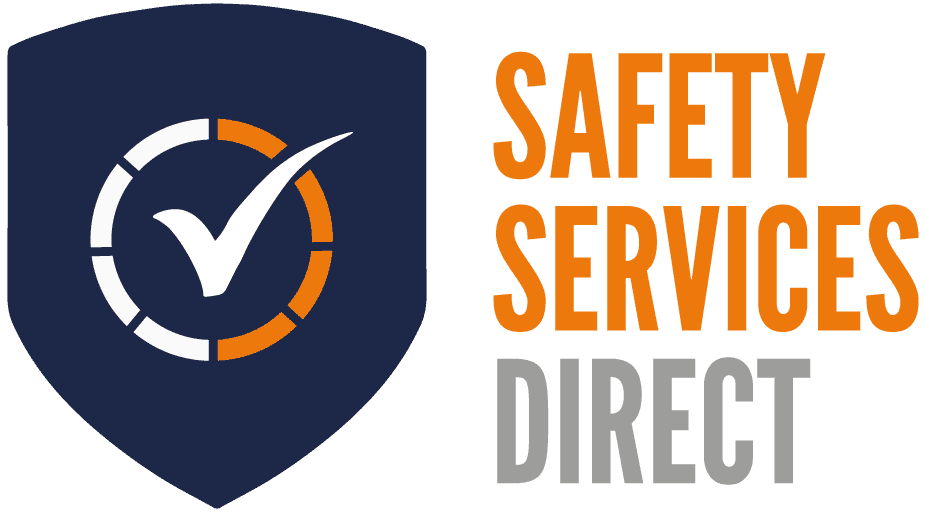Updated 08/06/2023
Lone working encompasses a broad range of industries and occupations, resulting in an estimated 6.8 million workers in the UK falling into this category. There are a variety of risks associated with lone work, which are important for both employees and employers to be aware of and prepared for.
In this post, Safety Services Direct looks at the definition of lone working, which laws affect employers, and the policies you might require. Keep reading to find out everything you need to know about lone working in the UK.
What is Lone Working?
Lone working refers to any employee or self-employed individual who “works by themselves without close or direct supervision”, according to the HSE. This includes anyone who works remotely or feels vulnerable in their workspace. A lone worker performs their tasks in isolation and therefore does not have the security of colleagues or assistance.
A lone worker is more vulnerable and exposed to greater risk because of the nature of lone working, a risk assessment is required, and lone worker training is highly recommended.
Who are Lone Workers?
There are many workers who fall into this category, including:
- People who work from home
- Those who work outside normal office hours
- Everyone who travels for work
- People who work in other people’s homes (such as a social worker)
Which Laws Directly Affect Lone Working?
There are two laws that directly relate to lone working. These are The Health and Safety at Work Act 1974 and The Management of Health and Safety at Work Regulations 1999.
The Health and Safety at Work Act 1974
This law sets out the general duties of employers and employees to their own and each other’s safety, ‘so far as is reasonably practicable’. This means that employers need to assess and mitigate foreseeable risks. But are not responsible for those that are technically impossible to foresee or for which the measures needed to reduce that risk are grossly disproportionate to the risk itself. The legal requirement for employers is to assess what the risks are and take reasonable safety measures to prevent them.
The Management of Health and Safety at Work Regulations 1999
This law requires employers to carry out appropriate risk assessments and put measures in place to reduce the hazards identified. This includes providing adequate training and information, appointing competent people and introducing proper safety procedures. With regards to lone workers specifically, this law also requires employers to check that lone working staff do not have medical conditions that make them unsuitable for working alone.
Risks Faced By Lone Workers & How You Can Protect Them
Lone workers face various risks; however, you can minimise the risks by assessing and implementing control measures.
Risks Due to Lack of Assistance
One of the primary concerns for lone workers is the potential lack of immediate assistance in case of illness, accidents, or injuries. In the absence of colleagues, it is crucial to establish a reliable system that allows lone workers to quickly seek help and alert others about any incidents. This can be achieved through various means, such as providing direct contact numbers or equipping lone workers with safety devices.
Risk in Public-Facing Roles
In public-facing roles, such as caretakers or shopkeepers, the risk of physical or verbal abuse is a concern. Implementing visible surveillance cameras on-site can serve as a deterrent and provide evidence in case of incidents. Additionally, considering the inclusion of easily accessible panic buttons that instantly notify emergency services can offer immediate assistance and reassurance.
Risk for Travelling Lone Workers
For lone workers who travel as part of their job, additional measures are necessary due to their constant mobility. Maintaining constant communication and contact is essential, but having a shared calendar where lone workers can update their whereabouts throughout the day adds an extra layer of safety. This way, in the event of an incident or lack of communication, you can have a better understanding of their location or expected movements.
Risk for Single Location Lone Workers
For lone workers stationed in one location, providing comprehensive safety training is imperative. Training should cover procedures for fire evacuations, incident reporting, manual handling, and other relevant safety protocols. Implementing restrictions, such as prohibiting the use of machinery or working at heights during extended periods alone in the office, further reduces the risks associated with higher-risk activities.
Ways To Protect Lone Workers
While lone workers face various risks, there are control measures you can implement to protect them.
Providing appropriate safety equipment is vital for lone workers. Single-Person First Aid Kits should be readily available, especially if workers are not located on premises where first aid kits are easily accessible. Additionally, ensuring that lone workers have the necessary personal protective equipment (PPE) specific to their job tasks is crucial for their safety.
Technology has also made significant advancements in addressing the safety needs of lone workers. There are now user-friendly and affordable apps designed specifically for lone workers. Exploring these options can provide valuable tools for emergency communication, tracking, and distress signalling. However, it’s important to note that certain situations, such as a worker becoming unconscious or unable to reach a phone/device, may require alternative measures.
Regular check-ins with lone working employees are essential to ensure their well-being. Establishing a system where you call or message them every hour can serve as a safety measure. If there is no response within a specified timeframe, it may indicate a potential danger, prompting the need for physical intervention or further investigation.
By proactively addressing these risks and implementing the appropriate measures, employers can prioritise the safety and well-being of lone workers. In addition, considering each worker’s unique circumstances and working environment ensures a comprehensive approach to their safety.
Do You Need a Lone Working Policy?
In the UK, there are no requirements for a specific lone-worker policy. However, the above-mentioned legislation requires employers to assess workplace risks and take preventative measures.
While a lone worker policy is not technically required, it is recommended. A robust lone-working policy can be used as guidance for any employee who works alone. The policy can also be referred to if there is ever a legal dispute.
Does Your Organisation Require Assistance With Policies?
Creating comprehensive policies can be difficult, and every business stands a lot to lose if they are not. If you require assistance in drawing up a lone-worker policy or any health and safety policy, contact us today. We offer bespoke policy and procedure documents so that no matter your industry, we can help keep your employees and business premises safe.
Tip: If you are still concerned about the safety of your lone workers, read this blog on how to keep lone workers safe.









